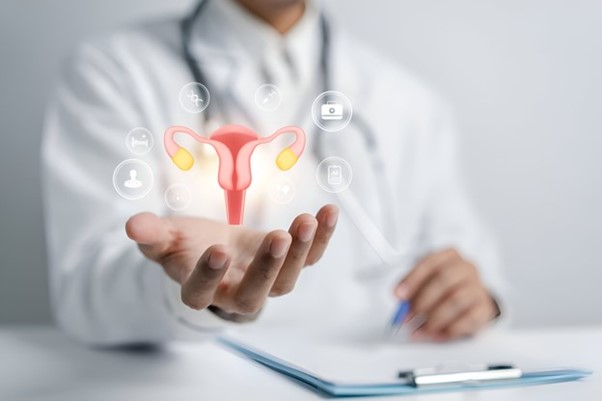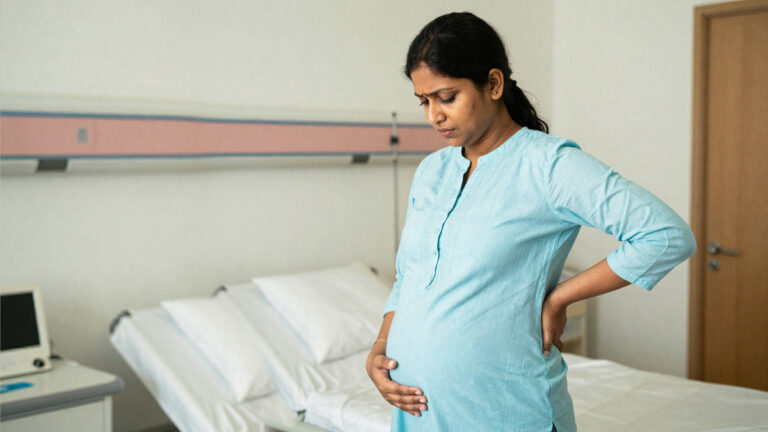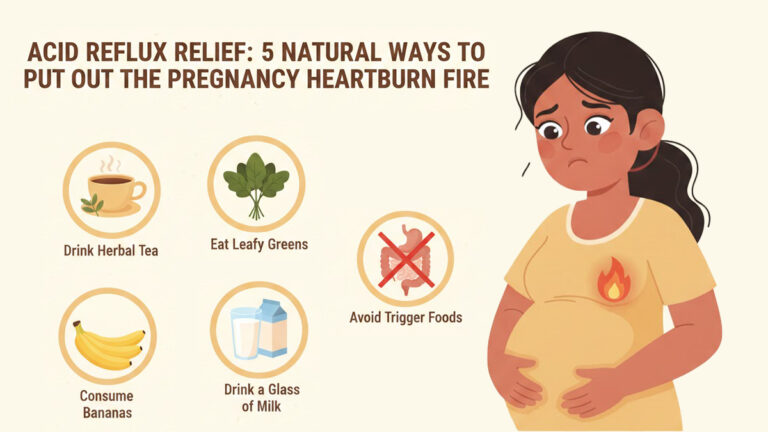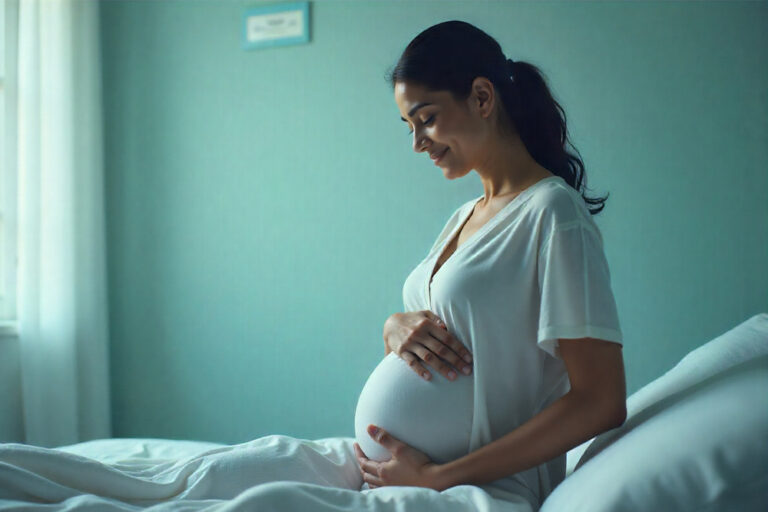Ovarian reserve is a pivotal concept in reproductive health, referring to a woman’s remaining egg quantity and quality within her ovaries.
It serves as a crucial predictor of fertility potential and influences a woman’s reproductive lifespan. Understanding ovarian reserve is paramount for individuals navigating fertility concerns and family planning.
Exploring the Factors Influencing Ovarian Reserve
Age is one of the most significant determinants of ovarian reserve. As women age, the quantity and quality of their eggs diminish, leading to a decline in fertility. This decline becomes particularly pronounced after the age of 35, highlighting the importance of early fertility assessments for women considering parenthood in later years.
Ovarian Reserve Testing: Insights into Fertility Potential
Various tests are available to assess ovarian reserve, providing insights into a woman’s fertility potential.
Common methods include measuring serum anti-Müllerian hormone (AMH) levels, follicle-stimulating hormone (FSH) levels, and antral follicle count (AFC) via ultrasound. These tests offer valuable information to fertility specialists, guiding treatment decisions and counseling individuals on their reproductive options.
Environmental and Lifestyle Factors
Environmental and lifestyle factors can impact ovarian reserve.
Factors such as smoking, exposure to environmental toxins, and certain medical conditions can accelerate the depletion of ovarian follicles, compromising fertility. Understanding and mitigating these influences are crucial steps for individuals aiming to optimize their reproductive health.
The Clinical Implications of Ovarian Reserve
Fertility Counseling: Empowering Informed Choices
Knowledge of ovarian reserve empowers individuals to make informed decisions regarding family planning. Fertility counseling based on ovarian reserve assessments enables individuals to understand their reproductive potential, explore fertility preservation options if needed, and make proactive choices aligned with their life goals.
Assisted Reproductive Technologies (ART): Tailoring Treatment Approaches
For individuals facing fertility challenges, ovarian reserve assessments play a vital role in customizing treatment approaches. ART procedures such as in vitro fertilization (IVF) can be optimized based on ovarian reserve testing results, enhancing treatment efficacy and outcomes. Personalized care driven by ovarian reserve data improves the chances of successful conception for couples undergoing fertility treatments.
Ovarian reserve encapsulates the essence of female fertility, embodying both the quantity and quality of eggs essential for conception.
By understanding the factors influencing ovarian reserve and embracing proactive fertility assessments, individuals can navigate their reproductive journeys with knowledge and confidence.
Whether embarking on parenthood or exploring fertility preservation options, the insights gleaned from ovarian reserve testing pave the way for informed decisions and personalized care, guiding individuals towards their desired reproductive outcomes.








